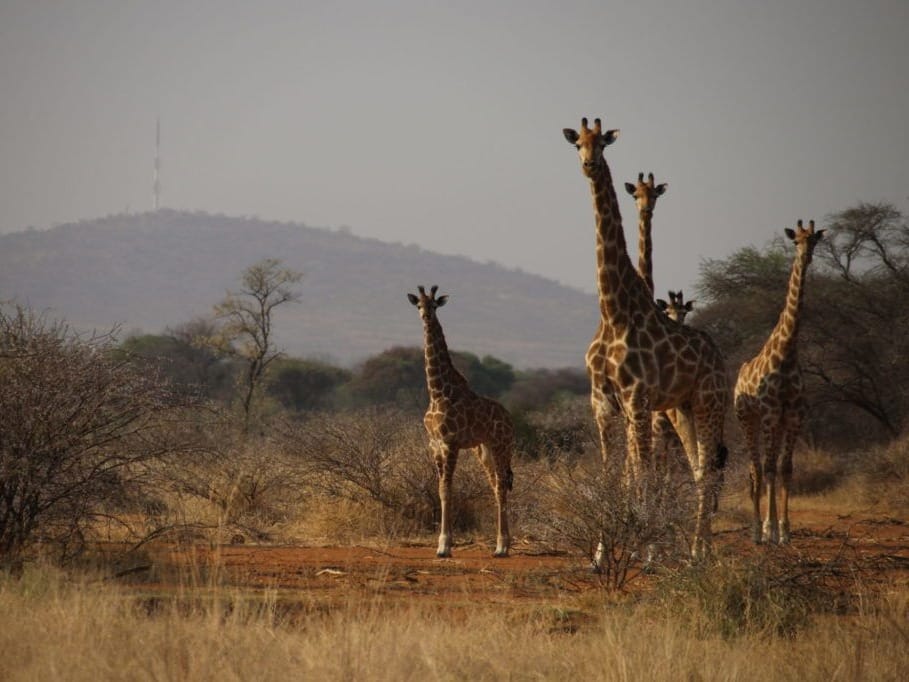GENEVA (AN) — Delegates to a 183-nation treaty for protecting endangered plants and animals ended a major summit after revising trade rules for species ranging from African giraffes and elephants to mako sharks and Tokay geckos.
At the 12-day summit held just once every three years, the Convention on International Trade in Endangered Species of Wild Fauna and Flora, known as CITES, ended on Wednesday after taking up proposals to change the level of protections required for species of wild animals and plants traded internationally.









